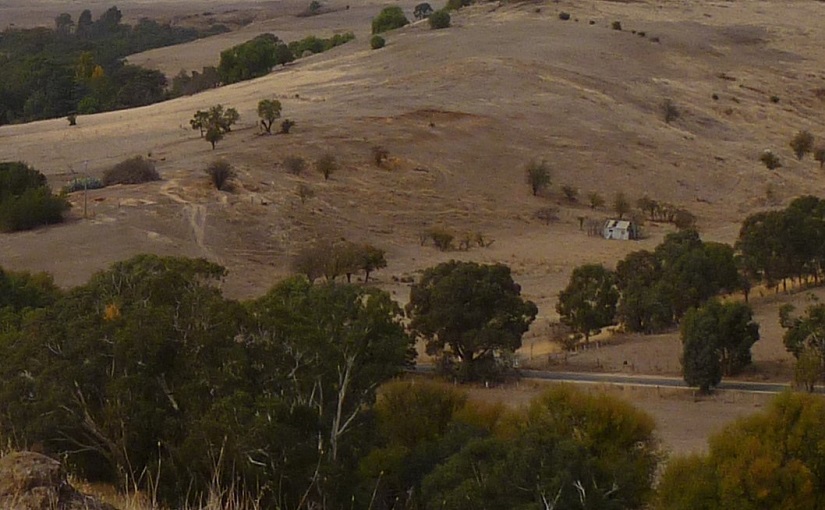It’s almost strange how, as humans, we so quickly grow into capable, intelligent, independent beings navigating the undeniably complex world around us with innocent confidence. We come into this world and immediately find ourselves within the weird machinations of modern society, all it offers or forces on us.
Children, in a way, are so trusting: whatever’s around them, they’re curious, accepting, and want to make it theirs. They’re essentially jumping into life, pulling it apart, excited to find what’s here. We submerge ourselves in what’s around us, using it to develop our understanding and discover ourselves.
It’s a given; we accept it and trust it holds meaning. Adults wouldn’t occupy a meaningless world then leave us to navigate it unmediated. We must be “right” to trust that if there’s something we needed to know about all this, then we’d be told. That truth would be conveyed to life’s new members.
Except, what if it’s not? What if we’re mainly living unexamined lives of quiet desperation, to merge the words of Socrates and Thoreau? Ourselves trusting that there’s greater wisdom and concern within society’s modern structures than there might indeed be. What if we’re entrusting our lives mistakenly? (Notes One)
Of course, society isn’t really a choice. There’s not a contract we consciously sign and its terms are effectively a little vague, subject to interpretation, and evolving alongside the battles of society itself (Notes Two). Yet that’s the environment we live within, where we find our options and our meanings.
Which, I suppose, is why we also now live in a world of activism? Seeing the false meanings, the damaging outworking, the flawed application of perhaps fine-sounding theories, people cry out in indignation at the way we – humans – are being treated and the wider fallout of this world we’re creating.
If we’ve lost faith in social structures and those in positions of power, how else are we to respond? If we see money stepping over other ways of valuing “life”, it’s surely right we don’t simply stand by and let that happen. How to go about affecting widespread systemic change isn’t easy to answer.
And adults trusted, too. Isn’t it that wool’s been pulled over almost everyone’s eyes? Coming to see you might’ve been mistaken – let alone deceived – is almost inevitably confronting: it’s this sense of having to admit to flawed judgement, perception, understanding. It’s hard to question yourself on that level (Notes Three).
Where am I going with this? Perhaps, that we’re all, in our own ways, waking up to how the social world around us isn’t what we might’ve believed, hoped, or been told. Some, of course, may have always doubted; others might’ve woven their lives very closely into it.
Questioning reality and your place within it is never going to be easy. Accepting imperfection, discerning deliberate from unintended harm, letting people and systems emerge from a flawed past, surely demands clarity, courage and compassion? Rebuilding around the values we’d hoped were there all along is a big task.
Notes and References:
Note 1: One thing leads to another
Note 1: Trust in technology?
Note 1: Stories that bind us
Note 2: In the deep end…
Note 2: Contracts, social or commercial
Note 2: Problems & the thought that created them
Note 2: “Quest for a Moral Compass”
Note 3: The value of a questioning attitude?
Note 3: Right to question and decide
Note 3: Do we know what we’re doing?
Related to all of this, there’s also The difference humanity makes.

